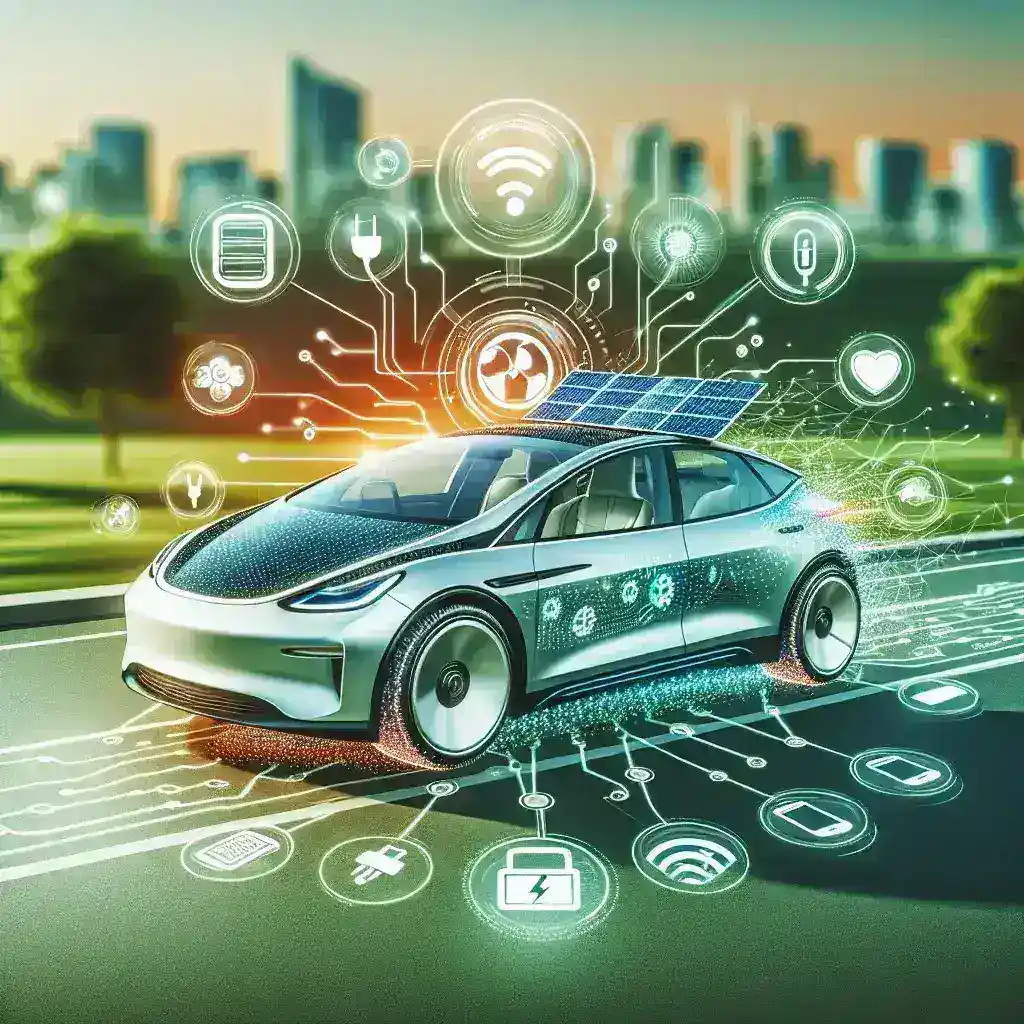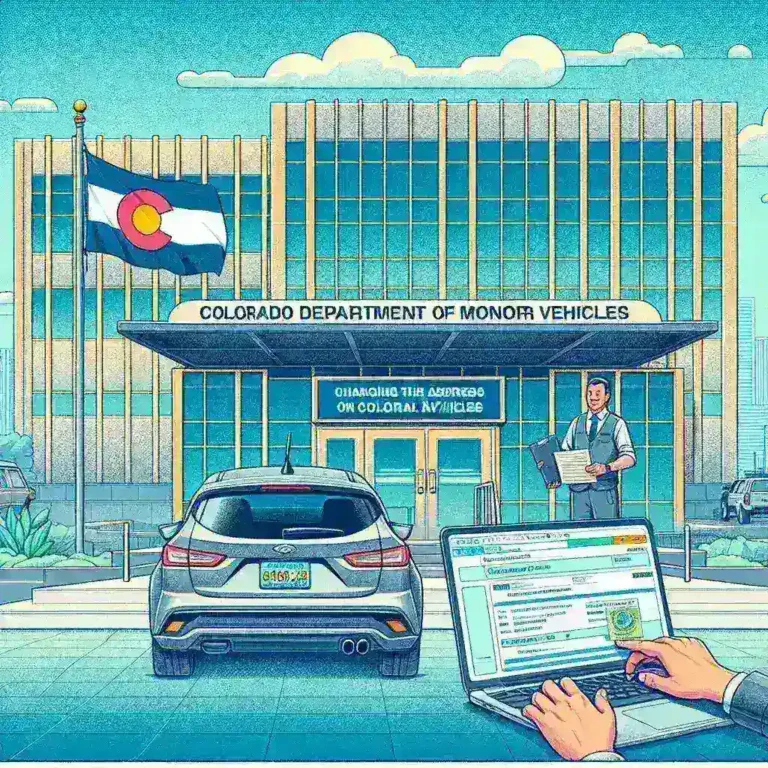
Innovations in Electric Vehicles
The field of electric vehicles (EVs) is witnessing rapid advancements, shaping the future of transportation. As technology evolves, several groundbreaking innovations have emerged, making electric vehicles more efficient, sustainable, and user-friendly. This article delves into some of the most significant innovations in electric vehicles.
1. Advanced Battery Technology
One of the most critical factors in the performance of electric vehicles is battery technology. Recent innovations are revolutionizing how these vehicles store, manage, and utilize energy. Breakthroughs in battery chemistry, such as solid-state batteries, promise higher energy densities, faster charging times, and enhanced safety.
Solid-State Batteries
Solid-state batteries replace the liquid electrolyte found in traditional lithium-ion batteries with a solid one. This change not only increases the energy density but also reduces the risk of overheating and fires, making EVs safer. Companies like Toyota and QuantumScape are at the forefront of this technology, aiming for commercialization in the coming years.
Ultrafast Charging
Charging time is a significant concern for EV users. Innovations like ultrafast charging aim to address this issue by reducing charging times to a matter of minutes. Companies such as Tesla, with its Supercharger network, and new players in the field are continuously striving to develop faster and more efficient charging infrastructures.
2. Autonomous Driving Features
Autonomous driving technology is another area where electric vehicles are making substantial progress. Integrating AI and machine learning with EVs promises to make transportation safer and more efficient.
AI-Driven Autonomy
Artificial intelligence is at the core of autonomous driving. Companies like Tesla, Waymo, and Uber are leveraging AI to develop self-driving cars that can navigate complex traffic scenarios, recognize obstacles, and make real-time decisions to enhance safety and efficiency.
Vehicle-to-Vehicle Communication
Vehicle-to-vehicle (V2V) communication is a technology that allows cars to share information with each other in real-time. This innovation can significantly reduce the risk of accidents by providing drivers with critical information about road conditions, traffic jams, and potential hazards well ahead of time.
3. Enhanced Connectivity and User Experience
The modern electric vehicle is not just about transportation; it’s also about connectivity and user experience. Innovations in this area are making EVs smarter and more integrated with our daily lives.
Smart Infotainment Systems
Today’s EVs come equipped with advanced infotainment systems that offer seamless connectivity, real-time navigation, and entertainment options. These systems are designed to provide a personalized driving experience, integrating with smartphones and other devices.
Over-the-Air Updates
Over-the-air (OTA) updates allow manufacturers to improve the functionality and performance of EVs remotely. This means software updates can be pushed directly to the vehicle, much like how smartphones receive updates. Tesla is a pioneer in this field, regularly providing OTA updates to enhance features and fix bugs.
4. Sustainable and Eco-Friendly Materials
Sustainability is at the heart of the electric vehicle revolution. Manufacturers are increasingly using eco-friendly materials to reduce the environmental impact of EV production.
Recycled and Bio-Based Materials
Many EV manufacturers are incorporating recycled and bio-based materials into their vehicles. For example, BMW’s i3 uses recycled plastics and natural fibers, while companies like Fisker are exploring the use of vegan leather alternatives.
Energy-Efficient Manufacturing
In addition to using sustainable materials, companies are also focusing on energy-efficient manufacturing processes. This includes reducing waste, conserving water, and minimizing the carbon footprint of production facilities.
5. Expanded Charging Infrastructure
For electric vehicles to become mainstream, a robust and widespread charging infrastructure is essential. Significant progress is being made in this area to ensure that EV owners have convenient access to charging stations.
Public Charging Networks
Governments and private companies are investing heavily in expanding public charging networks. This includes installing fast chargers at strategic locations such as highways, shopping centers, and parking lots, making it easier for EV owners to charge their vehicles on the go.
Home Charging Solutions
Home charging solutions are also becoming more advanced, with smart chargers that can optimize charging times based on electricity rates and solar power integration. These solutions make it more convenient for users to charge their vehicles overnight or during off-peak hours.
Conclusion
Innovations in electric vehicles are transforming the automotive landscape, making EVs more efficient, safe, and sustainable. From advanced battery technology and autonomous driving features to enhanced connectivity and eco-friendly materials, the future of electric vehicles looks promising. As these innovations continue to evolve, they will play a crucial role in shaping the future of transportation.




Leave a Comment